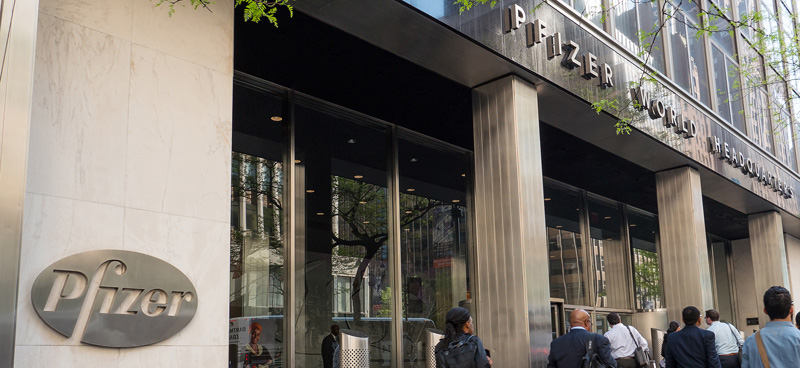In September 2009, the U.S. Department of Justice announced what was then the largest settlement ever of a drug fraud case. Pfizer Inc., along with its subsidiary, Pharmacia & Upjohn Company Inc., agreed to hand over $2.3 billion to resolve criminal counts and civil liability due to its illegal promotion of numerous drugs.
The investigation came about after whistleblowers filed qui tam lawsuits under the federal False Claim Act in three courts: the District of Massachusetts, the Eastern District of Pennsylvania, and the Eastern District of Kentucky. As a result, six whistleblowers were able to share $102 million dollars from the U.S. government’s civil recovery.
At the heart of the case was the anti-inflammatory drug Bextra, which Pfizer had promoted for several off-label uses and dosages that the Food and Drug Administration had specifically refused to approve because of patient safety concerns. Pfizer made misleading statements about the drug and paid unlawful kickbacks to healthcare providers who wrote prescriptions for their patients.
The DoJ charged similar unlawful behavior with a long list of Pfizer drugs, including:
- Geodon — an antipsychotic medication
- Lipitor — a cholesterol drug
- Norvasc — anti-hypertensive drug
- Viagra — a drug for erectile dysfunction
- Zithromax — an antibiotic
- Zyrtec — a widely used antihistamine
- Zyvox — an antibiotic
- Lyrica — a drug to control epileptic seizures
- Relpax — a medication for migraine headaches
- Celebrex — an anti-inflammatory drug
- Depo-Provera — a prescription for birth control
According to the Justice Department, Pfizer not only violated the law over an extensive time period, but the company had already been meeting with DoJ officials to resolve criminal charges of its recently acquired subsidiary, Warner-Lambert. But as Pfizer officials were presumably asking for leniency and promising to clean up a mess they hadn’t created, they were busy violating the exact same laws!
As a result of the settlement, Kathleen Sebelius, Secretary of Department of Health and Human Services, said that roughly $1 billion would be returned to Medicare, Medicaid, and other vitally important government insurance programs.
